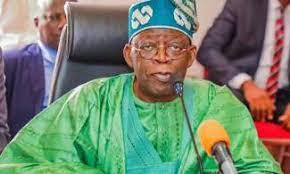Taiye Odewale
Abuja
The Comptroller-General of Nigeria Customs Service (NCS), Col Hammed Ali(rtd), shocked stakeholders yesterday at a one-day public hearing on “A Bill for an Act to repeal the Customs and Excise Management Act Bill 2016” with his conspicuous absence and glaring lack of representation at the session.
A development that made the Senate Committee on Customs not only to find the situation offensive but also believed that it was a deliberate attempt by the leadership of NCS to treat the apex legislative institution with contempt.
More contemptuous to senators was that instead of sending high ranking customs officials to represent him and the institution at the hearing, Ali chose to send agents of the NCS who are not directly affected by the bill being considered.
Blueprint learn’t that Senate leadership was offended by Ali’s action, noting that of the three public hearings which held in the Senate yesterday, it was only the hearing on customs bill that was not attended by major stakeholders.
Thus, senators wondered what excuse Ali could have for staying away from the hearing when Fashola who heads three vibrant and large ministries and is always very busy as well as banks’ chief executive officers who are equally busy still created time to attend yesterday’s public hearings on bills seeking for repeal of Acts that established FERMA and the Bank of Industry (BOI) respectively.
However, in his opening remark, Chairman, Senate Committee on Customs and Excise, Senator Hope Uzodinma, said the National Assembly was determined to amend the Customs and Excise Act to ensure the evolvement “of an effective, efficient and result-oriented department or agency.”
He added that the Senate was also determined to also ensure that the process of revenue collection was strengthened in accordance with best practices, observing that “Customs department of our dear country ought to be a major revenue earner that should be capable of funding at least 50 per cent of the national budget. This should also be a critical department that should boost non-oil revenue of the government and fund infrastructural development.”



